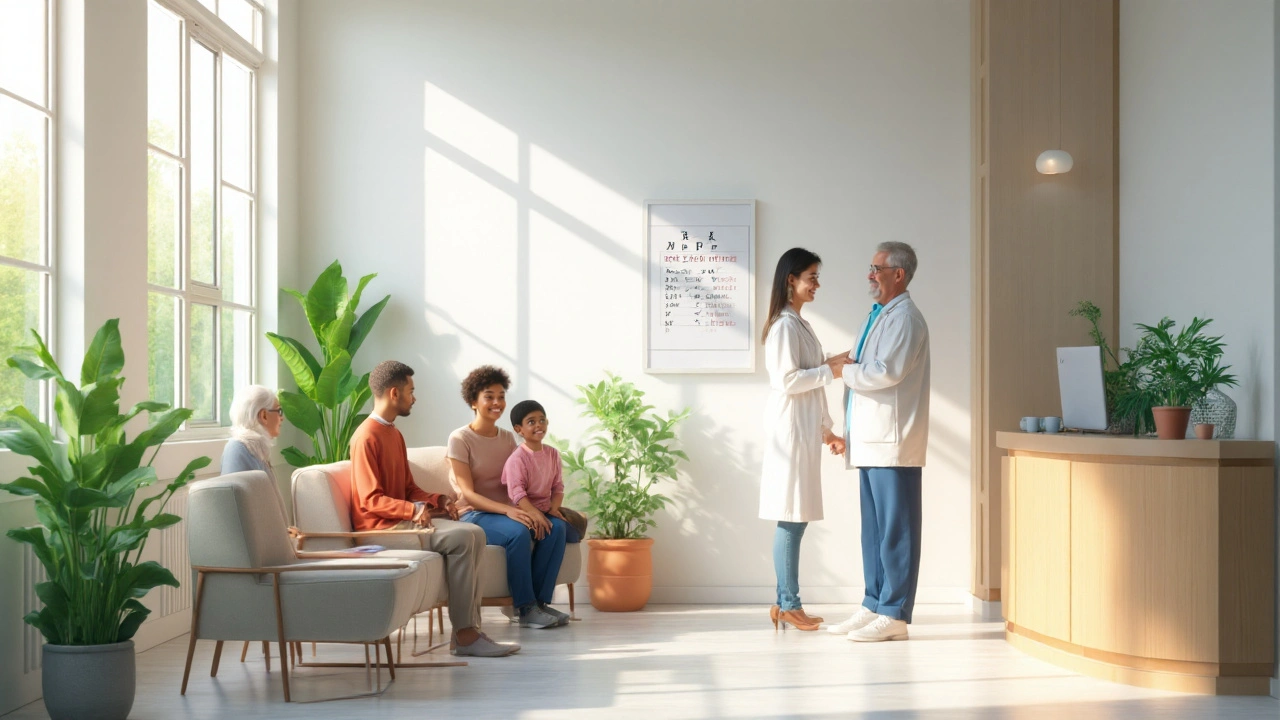Eye Care Essentials: Simple Tips for Healthy Vision
Keeping your eyes in good shape doesn’t have to be a mystery. A few everyday habits, the right supplements, and smart product choices can make a big difference. Below you’ll find easy-to‑follow advice that you can start using today.
Everyday Habits for Better Vision
First off, give your eyes a break from screens. The 20‑20‑20 rule is a favorite among optometrists: every 20 minutes, look at something 20 feet away for at least 20 seconds. It eases eye strain and reduces dryness.
Don’t forget to blink. When you stare at a monitor, you blink less, which leads to dry eyes. Try setting a quick reminder to blink consciously, especially during long work sessions.
Nutrition plays a big role, too. Foods rich in omega‑3 fatty acids, like salmon or walnuts, support tear production. Leafy greens such as kale and spinach deliver lutein and zeaxanthin, nutrients that help protect the retina from harmful light.
Wear sunglasses whenever you’re outside, even on cloudy days. Look for lenses that block at least 99% of UVA and UVB rays. UV exposure speeds up cataract formation, so a good pair of shades is an easy preventive step.
Lastly, keep your eye area clean. If you wear makeup, remove it before bed to avoid irritation and infection. Use a gentle cleanser and avoid rubbing your eyes harshly.
Supplements and Over‑the‑Counter Products
When diet alone isn’t enough, consider an eye‑support supplement. A typical formula includes vitamins A, C, and E, zinc, and the carotenoids lutein and zeaxanthin. These ingredients have been linked to slower age‑related macular degeneration (AMD) progression.
Be selective with artificial tears. If you suffer from dry eye, choose preservative‑free drops. Preservatives can cause irritation with frequent use, so a preservative‑free option is gentler for daily relief.
For people who spend a lot of time on digital devices, blue‑light‑blocking glasses can reduce eye fatigue. They don’t replace regular eye exams, but many users report less glare and better comfort during evening screen time.
If you notice persistent redness, itching, or discharge, over‑the‑counter antihistamine eye drops may help, especially during allergy season. Choose a brand that’s ophthalmologist‑tested to avoid harmful ingredients.
Remember, supplements and OTC products are not a substitute for professional care. Schedule regular eye exams—once every one to two years for adults, more often if you have a known condition. Your eye doctor can catch early signs of glaucoma, cataracts, or AMD before they affect vision.
Putting these steps together creates a solid eye‑care routine that fits into a busy life. Blink, take breaks, eat the right foods, protect against UV, and choose supportive supplements when needed. Your eyes will thank you with clearer sight and fewer uncomfortable days.

 Sep, 21 2025
Sep, 21 2025